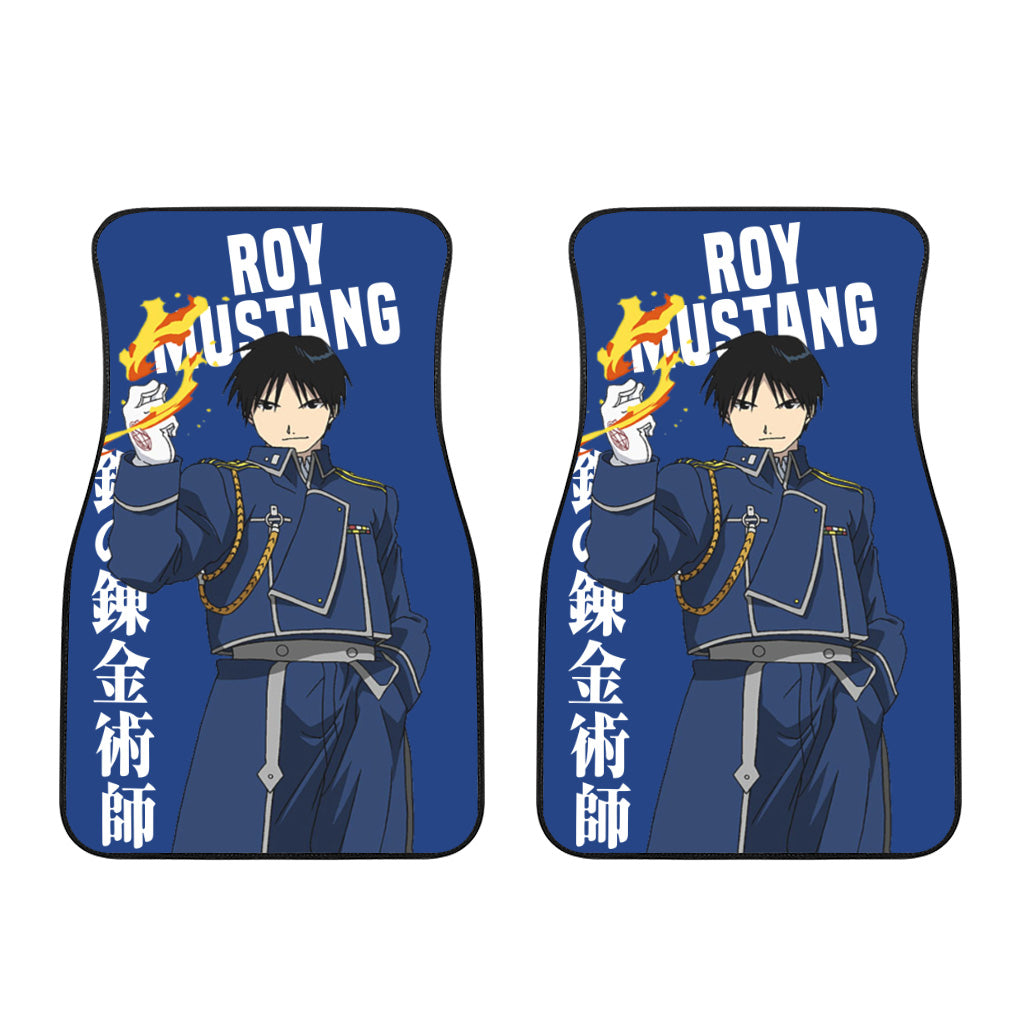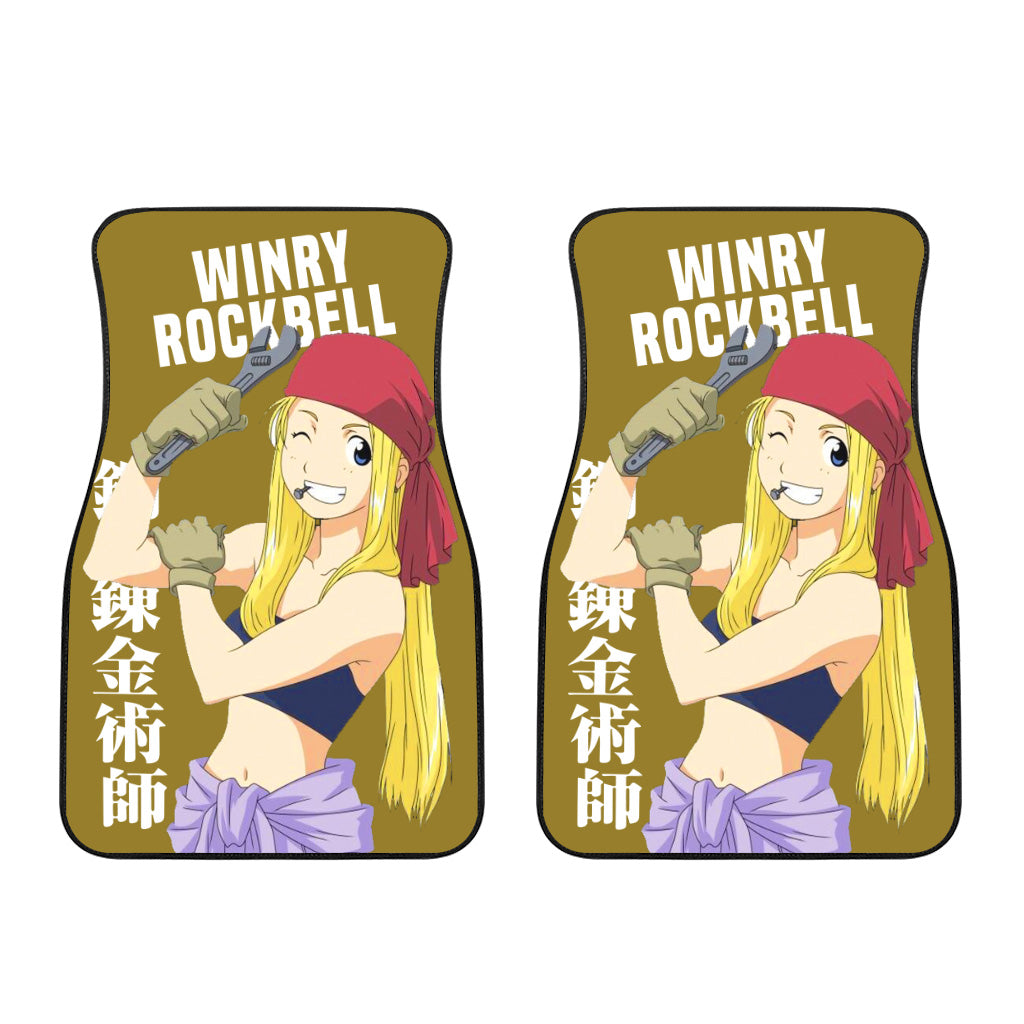
In the world of Fullmetal Alchemist: Brotherhood, the Homunculi serve as major antagonists within the story. Created by Father, the central antagonist, they are born from the removal of his own sins, which are then placed within these artificial beings. On the surface, each Homunculus appears to embody the sin associated with their name. Greed is driven by an insatiable desire for everything, Envy possesses the power to transform, and Pride holds a superiority complex, viewing human beings as lesser lifeforms.
However, a deeper analysis of the characters’ actions, motivations, and overall arcs reveals that the seven deadly sins are far too simplistic to serve as the sole defining factor of their characterization. In fact, the majority of the Homunculi display traits and behaviors that completely contradict the expectations associated with their assigned sins. This contradiction raises the question of whether their names were chosen ironically to highlight the blindness of Father’s understanding of humanity, ultimately leading to his inevitable downfall.
Let’s delve into the individual Homunculi and their ironic contradictions. Sloth, despite being portrayed with surface-level characteristics of laziness, exhibits immense speed and spends a significant portion of the series exerting himself with a specific aim, albeit one assigned to him by another. This act directly opposes the cardinal sin of sloth, which is characterized by a lack of desire or aim for exertion.
Wrath, the Homunculus known for his uncontrollable anger, surprises us with his honed control over his emotions. King Bradley, disguised as a high-ranking military officer, successfully conceals his true identity for years while maintaining a reserved nature even when facing adversaries. Among all the Homunculi, he has trained himself to restrain his emotions. Even during his final battle with Scar, the clash between the two is devoid of personal vendettas, focusing solely on their survival. This stark contrast to the concept of wrath, typically associated with uncontrolled rage and revenge, further highlights the irony of his name.

Greed, as one might expect, initially displays an overwhelming desire for material possessions and power. However, in the finale of the series, Greed abandons his namesake and willingly sacrifices himself for the one thing he truly desires: friendship. Avarice, one of the desire sins that involves the accumulation of material wealth, is completely discarded by Greed in favor of the opposite virtue of selflessness and charity. This profound act of self-sacrifice defies the very nature of his assigned sin.
The fall of Pride’s hubris occurs when he is defeated by Edward Elric. It is revealed that Pride had discarded his namesake for the sake of survival. However, it is worth noting that Pride’s name was never truly bestowed upon him by Father. Since pride is considered the “father” of all sins, it was impossible for Father to remove his own pride and place it into another being. As a result, Selim, who harbors a lesser position and loyalty to Father, stands in contrast to the true essence of pride. A creature consumed by hubris would never willingly submit to a lower position, making Selim’s acceptance of his subordinate role an ironic twist.

Lust and Envy present complexities in their own right. Lust, typically associated with sexual desires, utilizes her beauty solely as a tool to accomplish her mission, showing little genuine interest in sex itself. Instead, she manifests a bloodlust that deviates from the traditional understanding of her sin. Envy, with the power to mimic others, embodies the concept of jealousy. However, his disdain for humans and his perception of their inferiority turn his act of imitation into an insult rather than an expression of envy. Envy considers Homunculi as superior beings, even when faced with excruciating pain from being burned alive by Roy Mustang.

Among the Homunculi, Gluttony stands out as the most intriguing example. His name is perfectly aligned with his personality and powers, which revolve around consumption. However, the irony lies in his origin rather than his characterization. Gluttony was a failed experiment resulting from Father’s attempt to recreate the Gate of Truth. The sin of gluttony, defined by excessive consumption and wastefulness, is in direct contrast to the intention of creating a Gate of Truth. The Gate represents one of the most balanced and temperate aspects of the Fullmetal Alchemist universe, where everything is traded or consumed with equal value and weight. This contradiction between Gluttony’s purpose and his assigned sin adds another layer of irony to the narrative.
The reasoning behind Father shedding the seven deadly sins was his belief that they were useless human emotions, and his ultimate goal was to become the perfect being. However, his own behavior throughout the series reveals that he never truly discarded these sins, as he displays most of them himself. Furthermore, as the sins exist as one side of a coin, opposing the seven virtues, it is plausible that Father also discarded the virtues when creating the Homunculi. Father’s inability to comprehend the complex range of human emotions led him to fail in realizing that both humans and Homunculi possess multifaceted natures. The Homunculi themselves showcase this complexity through their capacity for learning, growth, change, and emotional divergence. They prove to be far from one-dimensional creatures driven solely by their assigned sins, with the exception of Gluttony, who was originally created for a different purpose.

In summary, the Homunculi of Fullmetal Alchemist: Brotherhood are named ironically despite their association with the seven deadly sins. Their characters exhibit contradictions that challenge the simplicity of their assigned sins, revealing the limitations of Father’s understanding and leading to his ultimate downfall. The Homunculi’s journey, development, and complex nature highlight the intricacies of human emotions and the potential for growth and change, ultimately defying their predetermined roles and adding depth to the narrative.
We bring out some of the most well-known Fullmetal Alchemist collection, all of which are available at reasonable costs. Visit our link now if you are interested in the Fullmetal Alchemist collection


Lan Fan, May, Havoc, McDougal, Gluttony, Sloth